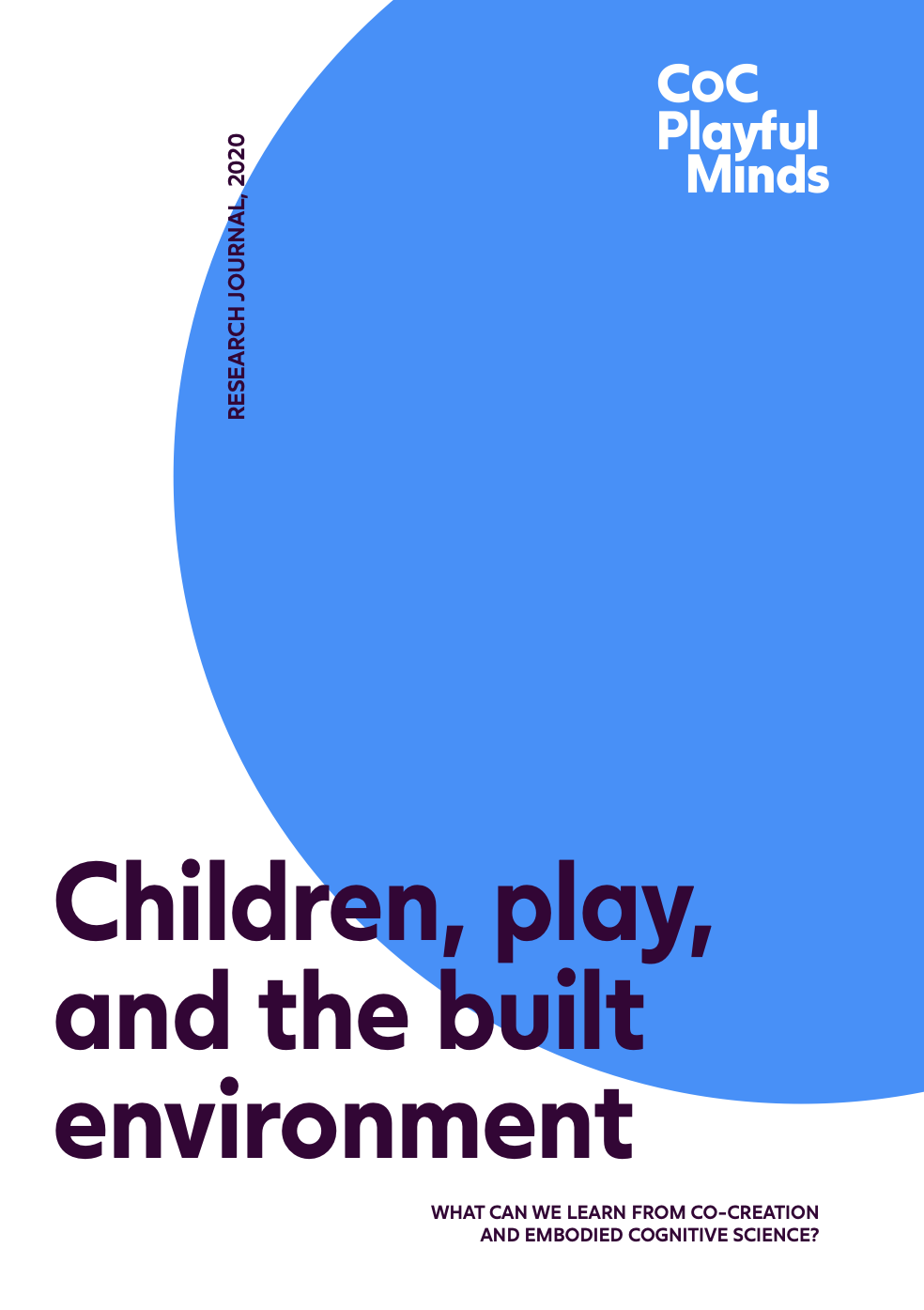Social justice issues highlighted in this report from Nature England
- Children’s access to nature during coronavirus varied across the population. For example, 71% of children from ethnic minority backgrounds reported spending less time outside since coronavirus, compared with 57% of white children. Three-quarters (73%) of children from households with annual income below £17,000 spent less time outdoors, compared with 57% from households with an annual income above £17,000.
Natural England commissioned research to understand the perspective of children and young people relating to nature during Covid-19. Asking children about their experiences directly is important to provide young people with a greater stake in and voice about the natural environment.
A total of 1,501 children, aged between 8-15 in England, participated in an online survey between 6th-18th August 2020 (inclusive). The main findings include:
- Coronavirus has had an impact on children’s mental health and wellbeing, with half (48%) of children interviewed reporting that being worried about catching / spreading coronavirus had stopped them from spending more time outside. More generally, one in five (19%) reported being worried the previous day and a quarter (27%) said they were lonely often/always or some of the time. One in five children (19%) reported that they were part of a household that was shielding.
- The survey demonstrates the positive role of nature in supporting children’s well-being, with eight in ten (83%) of children interviewed agreeing that being in nature made them very happy. Overall, four in five (81%) children reported being happy and just three per cent reported being unhappy.
- Children who reported spending more time outside (and more time noticing nature / wildlife) were more likely to report that ‘being in nature makes me very happy’ (91% and 94% respectively, compared to 79% of those who had spent less time).
- Six in ten children (60%) reported to have spent less time outdoors since the start of coronavirus, more than double the proportion that had spent more time outside (25%). These findings suggest that, when read alongside the results for adults in the same period , far fewer children are spending more time outside since coronavirus started than adults (45% adults report spending more time outside compared to 25% of children).
- Natural spaces are important places for connection – with the natural world and each other. However, since the lockdown, 81% of children stated that they had spent less time outside with friends. Seventy per cent of children said that, in the future when things start to get back to normal, they want to spend more time outdoors with friends, and 44% reported wanting more time outdoors at school.
- Local parks and private gardens were important ways of accessing green and natural spaces during lockdown. When asked where they had visited in the past week, three in five children (62%) had played in gardens (theirs or someone else’s) and the same proportion (62%) had visited a park, playing field or playground. Far fewer children had spent time in other natural places such as the seaside (27%), the woods (26%) or the wider countryside (24%). Park closures were felt more acutely by younger children, with over half (56%) of 8-11 year olds saying that this stopped them from spending more time outside.





